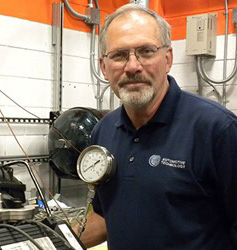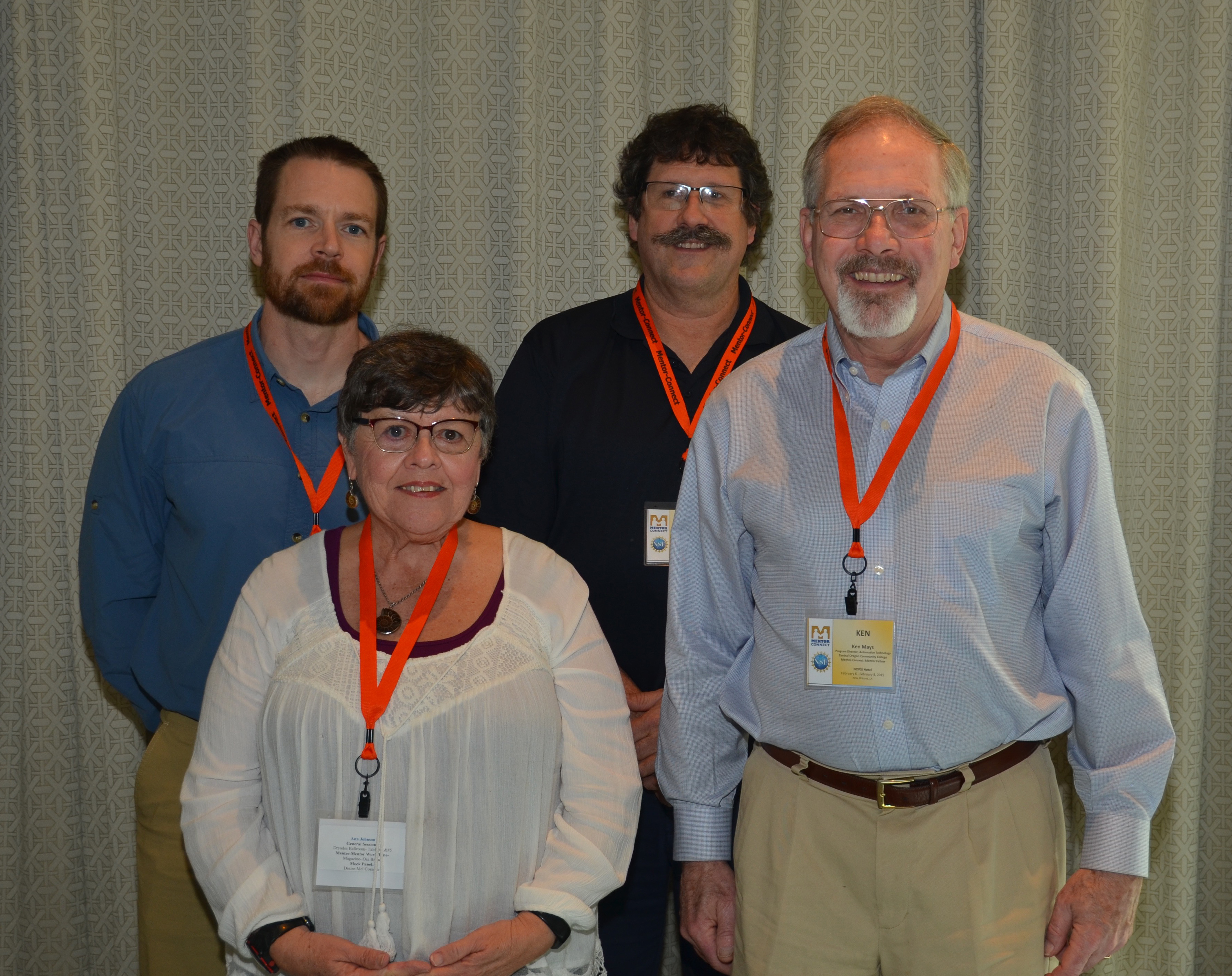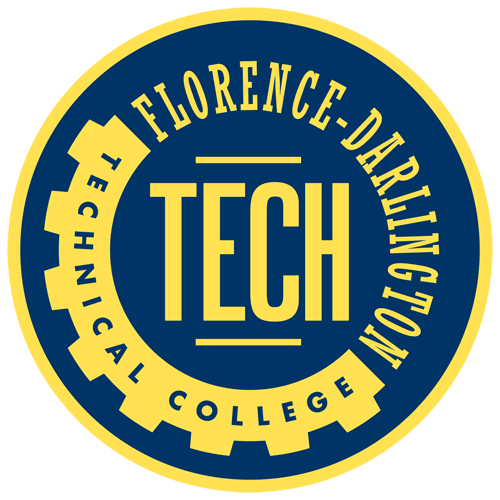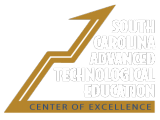Ken Mays, Former Mentor-Connect Mentee, Becomes Mentor Fellow
Mays is the first Mentor-Connect mentee to participate in the internship program that prepares people to became mentors for Mentor-Connect, the ATE project that helped his first National Science Foundation (NSF) grant.

The regenerative leadership development aspect of Mentor-Connect began a new phase in 2019 with Ken Mays’s addition to the corps of mentor fellows.
Mays is the first Mentor-Connect mentee to participate in the internship program that prepares people to became mentors for Mentor-Connect, the ATE project that helped his first National Science Foundation (NSF) grant. It was the first awarded to Central Oregon Community College (COCC) as well.
Since 2014 Mays has gone from observing at a distance the emergence of a new automotive technology to leading the national effort to develop the first skill standards for technicians who work on hybrid electric vehicles.
Mays, who is COCC’s director of automotive technology, is one of four Mentor-Connect mentor fellows who will shadow Mentor-Connect’s most experienced mentors during 2019. This process helps the fellows and Mentor-Connect leaders determine if formally mentoring faculty from colleges that are new-to-the-ATE program is a good fit for them. The three other mentor fellows have been involved in multiple ATE grants, but did not receive mentoring from Mentor-Connect.
Mays did. When asked about the results of his Mentor-Connect experience, his initial “Oh, Geez” response was followed by a long pause as he silently tallied the positive things that have occurred since January 2014 when he and Bruce Emerson, COCC physics professor, arrived at their first Mentor-Connect workshop session “without a clue” about the ATE program.
At the time they had a bare sketch of a plan for combining instruction in hybrid electric vehicle technologies, which Mays considers the most exciting new automotive technology, with open badge credentials that Emerson was then testing for alternative certification of skills.
“We met with our mentor by phone every week,” Mays said of their process for writing the grant proposal and helping the college set up the systems for handling an NSF grant if their ideas received a grant award.
Deborah Boisvert “was very patient with us,” Mays said of their mentor who was then principal investigator of Broadening Area Technological Education Connections (BATEC) at the University of Massachusetts Boston. The proposal for the Northwest Engineering Vehicle Exchange (NEVTEX) that Mays and Emerson submitted in October 2014 received a grant in the Small Grants for Institutions New to ATE track in May 2015
Mays credits Mentor-Connect with facilitating NEVTEX’s improvements to the automotive technology program at COCC and at partner colleges in the region; instigating the non-profit Advanced Vehicle Training Group Northwest that continues to offer educational opportunities for instructors and advanced automotive technicians; and preparing him for his second successful ATE grant proposal. That project—NEVTEX2—is a partnership with another 2014 Mentor-Connect mentee, John Frala of Rio Hondo College.
Automakers have noticed and have visited COCC to see what students are learning in the latticed curriculum that awards badges, five certificates, and an AAS degree in Automotive Technology in Electronics and Diagnostics.
The first NEVTEX grant supported the creation of five advanced automotive courses that are part of the college’s offerings. “Emerson established a mechanism to promote digital badging for two of the courses,” Mays said referring to the Hybrid Electric I and Hybrid Battery Systems courses.
Mays, Emerson, and Frala have presented information about their ATE-funded work at national industry and education conferences.
Mays hopes the skill standards that NEVTEX2 is developing with industry advisors will provide the basis for new curricula that other colleges will adopt to teach the technicians who maintain electric-drive vehicles.

As he recounted his ATE journey at the end of his first day as a mentor fellow, Mays said he is ready to serve in any way that Mentor-Connect’s leaders deem helpful. Referring to the “fabulous ideas” of the 2019 mentees, Mays said he hopes to be a source of encouragement and guidance to them. “I want to see each college that comes in the door here succeed,” he said.



